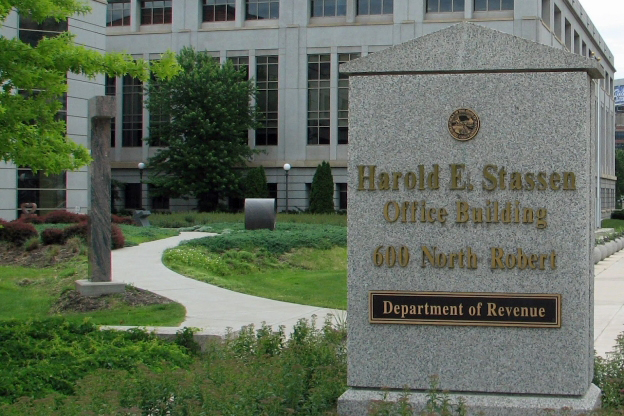

The Office of Administrative Hearings & the Campaign Finance Board
The Office of Administrative Hearings is on my mind these days, partly because I’ve spent some time over there lately, about which you will probably hear more in the fullness of time. I am also working on a project about campaign disclosure and practices law in Minnesota. As a result, I have all these statutes and decisions lying around. I might as well write about them, no? There are likely to be at least a handful in the series. A few of you will find this gripping, a few more might think it is mildly interesting, and the rest of you have my sincerest condolences.
First of all, there are two agencies that administer campaign finances and disclosure and campaign practices in Minnesota. Although it is a bit of an oversimplification, the Campaign Finance and Public Disclosure Board handles the, um, finances and disclosures of campaigns, lobbyists, etc. Reporting, classification of expenses and whether they are proper expenses in the first place are the original jurisdiction of the CFPDB.
The CFPDB is where the original complaint by Common Cause Minnesota was lodged over the Republican Party of Minnesota’s failure to list about $600,000 of debt to lawyers hired for the Emmer recount. The RPM, Tony Sutton, and other officers were assessed a total of about $30,000 in fines last summer. As you will see if you follow the link, a substantial record (which is what lawyers say when they talk about the collection and memorialization of evidence in written form, through, among other things, depositions) was made by the CFPDB in the course of investigating the complaint.
But the CFPDB couldn’t finish the job, because part of it came under the jurisdiction of the Office of Administrative Hearings: the issue of whether the attempt to use a business corporation called “Count Them All Properly,” which wasn’t formed until the recount was really over, to take over the debt was legal under campaign practices law found in ch. 211B of the Minnesota Statutes. A complaint was filed in the OAH based on the record produced before the CFPDB. That case is pending.
The record in both cases is identical: neither Common Cause nor Republican Party respondents decided to call any additional witnesses or enter additional documents in the record. If you think having two agencies go over the same record is well, a little duplicative, you wouldn’t be alone. It is not uncommon, though, for the same set of facts — another lawyer term of art — to spawn complaints before both agencies, sometimes simultaneously, as in the cases brought against Mark Ritchie last fall by Republican senators for his alleged advocacy against the photo voter ID amendment. (Both complaints were dismissed.)
The Minnesota Court of Appeals mused in the case of Riley v. Jankowski about why there were two agencies on the job.
The agencies operate quite differently: the CFPDB acts on complaints made by the public (often by party officials, campaigns, and activists), the staff investigates on its own and makes a record that includes court-reporter reported depositions. That’s why the record in CCM v. RPM was available to use at the OAH. Final decisions are made by a board made up of members appointed by the governor to rotating terms.
Campaign “practices” complaint proceedings (failure to put a “disclaimer” on political literature, or lying, for example) at the OAH (also often brought by parties, campaigns, and activists) are more like a lawsuit with a panel of three administrative law judges hearing each case. The OAH does no independent investigation. The OAH hearings are usually only “reported” by digital audio.
Both agencies are experiencing a bit of cash crunch these days. The OAH says that the number of campaign practices cases (the OAH does a lot of other things, too) brought this cycle is one of the reasons why.
And that’s a point of departure for the next story.
Thanks for your feedback. If we like what you have to say, it may appear in a future post of reader reactions.

